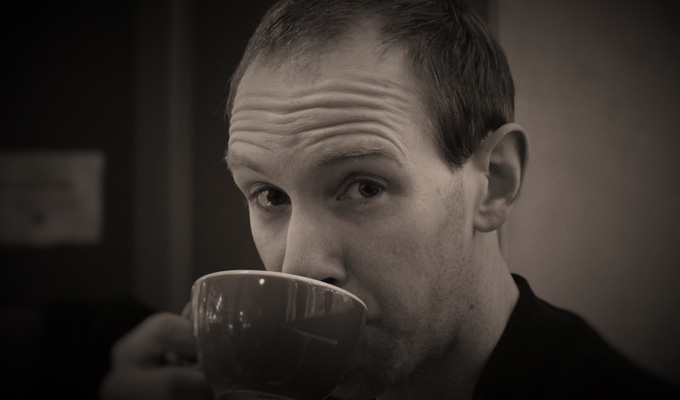

The freedom to offend – and to be offended
Donnchadh O Conaill joins the debate
Tom Slater's broadside against 'the PC war on comedy' contained some valid points, mixed with a certain amount of hyperbole (see the reference to 'the PC war on comedy'). But arguably the most important issue concerns in what sense the fury of the 'easily offended' is threatening free speech. Slater anticipates questions on this score:
There are those who will say none of this is a free-speech issue. Boycotting and brow-furrowing isn't the same as silencing, they say. But they're wrong.
Well, that rather depends on how we understand free speech. It is often understood in terms of legally enforceable rights. Protests, criticisms and even boycotts do not in themselves infringe anyone's right to express their views or hear the views of others. Dapper Laughs has a right to perform his stand-up, but he has no right to perform it at a specific students' union, any more than my right to freely express my opinions obliges Spiked (or for that matter, Chortle) to publish my thoughts on The Great Issues Of The Day.
Clearly Slater has in mind a broader notion of 'free speech', one which can be threatened by conformism and sufficiently vociferous criticism. And regardless of what one thinks about the merits of the specific cases he discusses, he raises an important point. The power of a group of people, either acting spontaneously or in a co-ordinated manner, to pressurise comedy clubs, theatres, television stations into not providing a platform for certain performers is a dangerous one indeed.
Many of the people who were quite relaxed about the fate of Dapper Laughs would have been outraged at the actions of Christian Voice in picketing showings of Jerry Springer: The Opera. The point I am making is not that these two cases are alike in all relevant respects – they clearly are not – but that a climate in which organisations can successfully be pressurised in this way will produce cases of excessive zeal or downright bullying.
However, that said, there is an obvious paradox in Slater's position, one which he does not resolve or even acknowledge. Online petitions, calls for boycotts etc. are themselves examples of speech. The people who protested against Dapper Laughs did so by making their opinions about him heard, and by inviting others to agree. As a defender of all things free and speechy, Slater presumably respects the protesters' right to exercise their freedom of speech in this way. Of course, this is consistent with his criticising what they choose to do with that right; but they can reply that they are doing precisely the same thing to Dapper Laughs. To call for a television station to cancel a series while fully respecting the right of a comedian to make that series is a consistent position.
The really tricky issues here, which Slater does not consider, concern (a) whether a performer has any obligation to avoid causing offence, at least in some situations, and (b) what response is appropriate on the part of those who may take offence. By (a), I don't mean any legal obligations. I just mean that it might be a good thing if comedians would bear in mind that some of what they say might be genuinely obnoxious and upsetting.
Perhaps trying to take people's feelings into account and modifying what you say as a consequence is part of a PC war on comedy that will threaten artistic expression. But I have my doubts. Being a comedian gives one licence to say what in other contexts would be unacceptable; being an adult ought to give one the common sense to not always do so.
I am more sympathetic with Slater's views regarding what response is appropriate to offensive comedy. People have the right to express their disgust at what they consider offensive, and even to call for a boycott or for venue to rescind a booking, but there is an important difference between these responses.
The first seeks to criticise; the second attempts to close down the space available to expound the offensive viewpoint. Even if it does not infringe anyone's rights, it expresses an attitude which goes beyond registering even strong disapproval. In effect, it seeks to undermine the legitimacy of certain forms of comedy in certain contexts. We ought to tread very carefully if it looks like we may be heading down that road.
• Donnchadh blogs at dissectingthefrog.blogspot.com.
Correspondence on this strand of the debate is now closed.
Published: 17 Aug 2015
Past Shows
Agent
We do not currently hold contact details for Donnchadh O Conaill's agent. If you are a comic or agent wanting your details to appear here, for a one-off fee of £59, email steve@chortle.co.uk.
